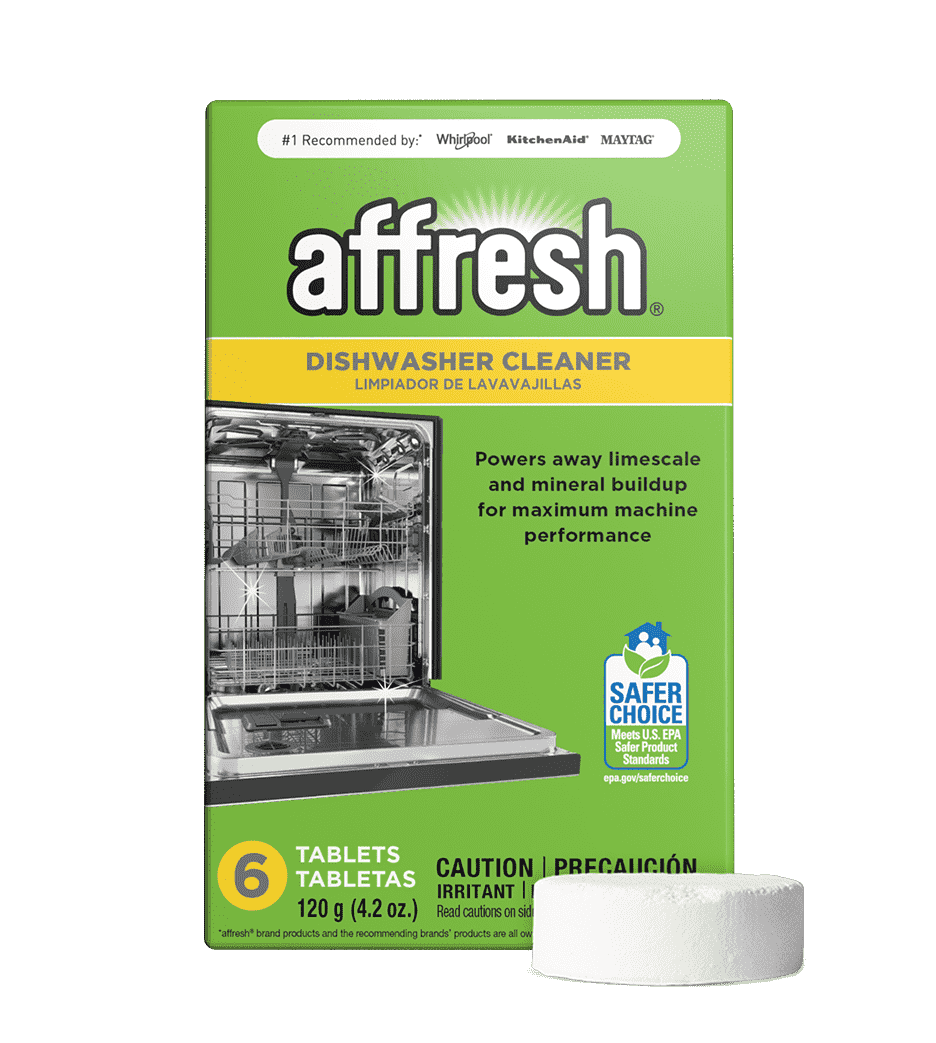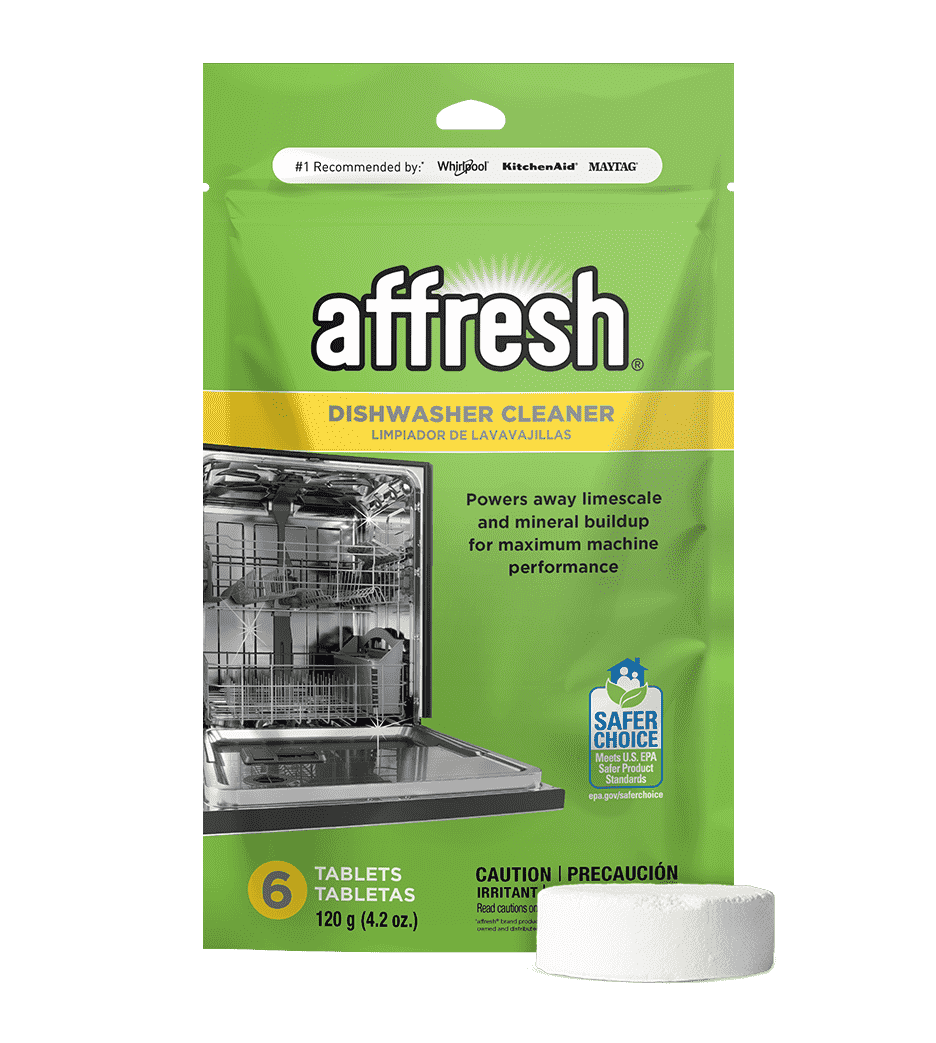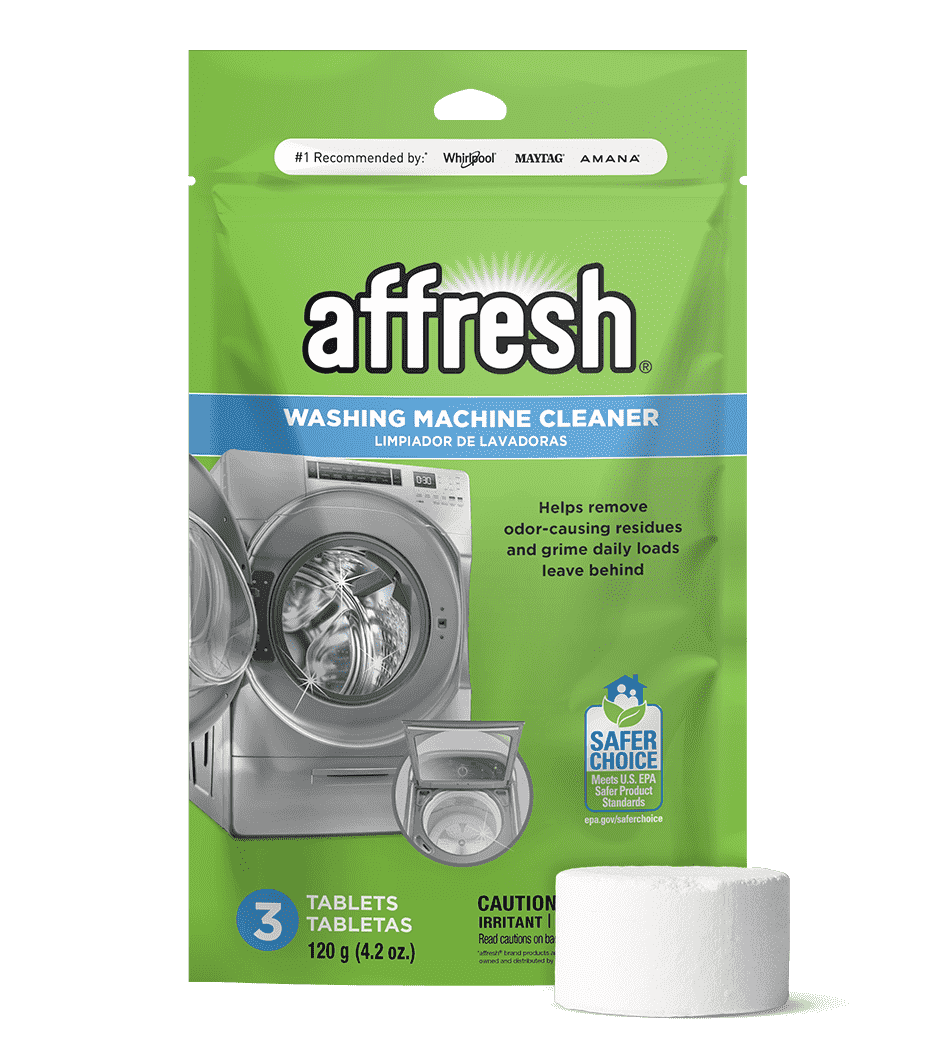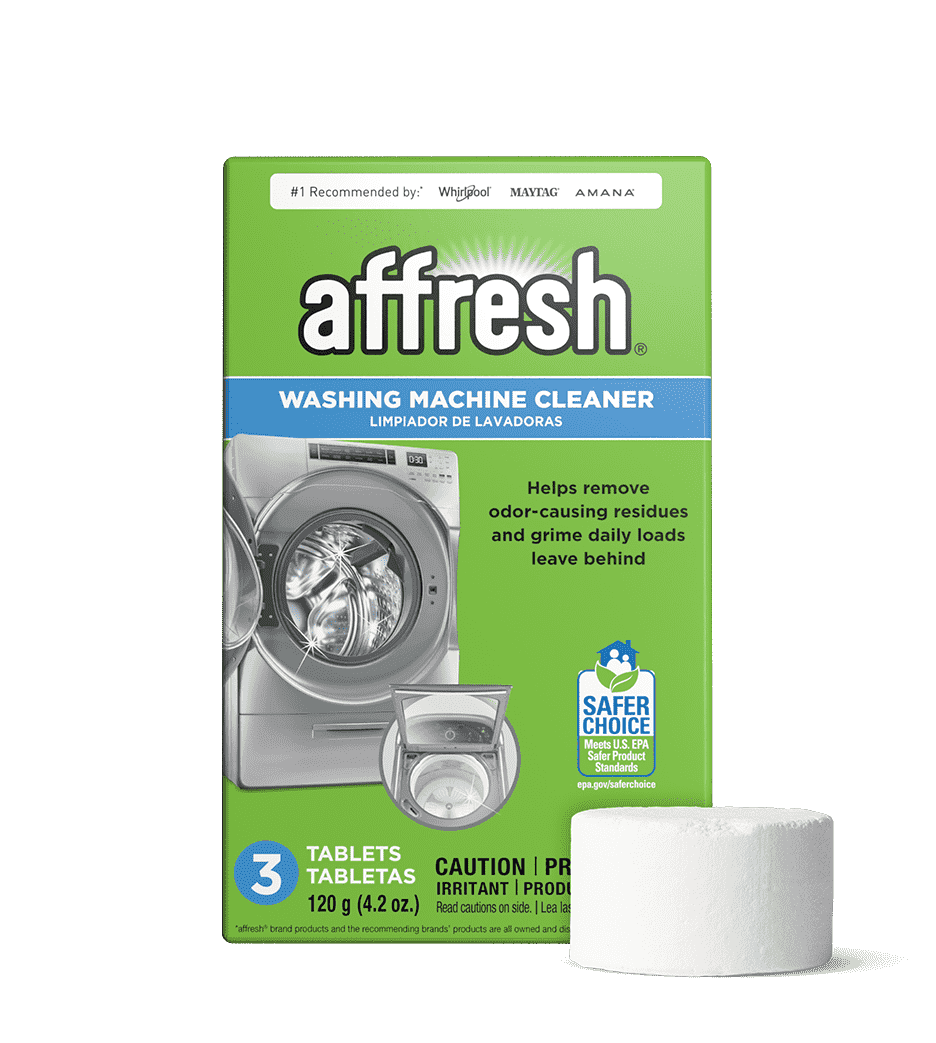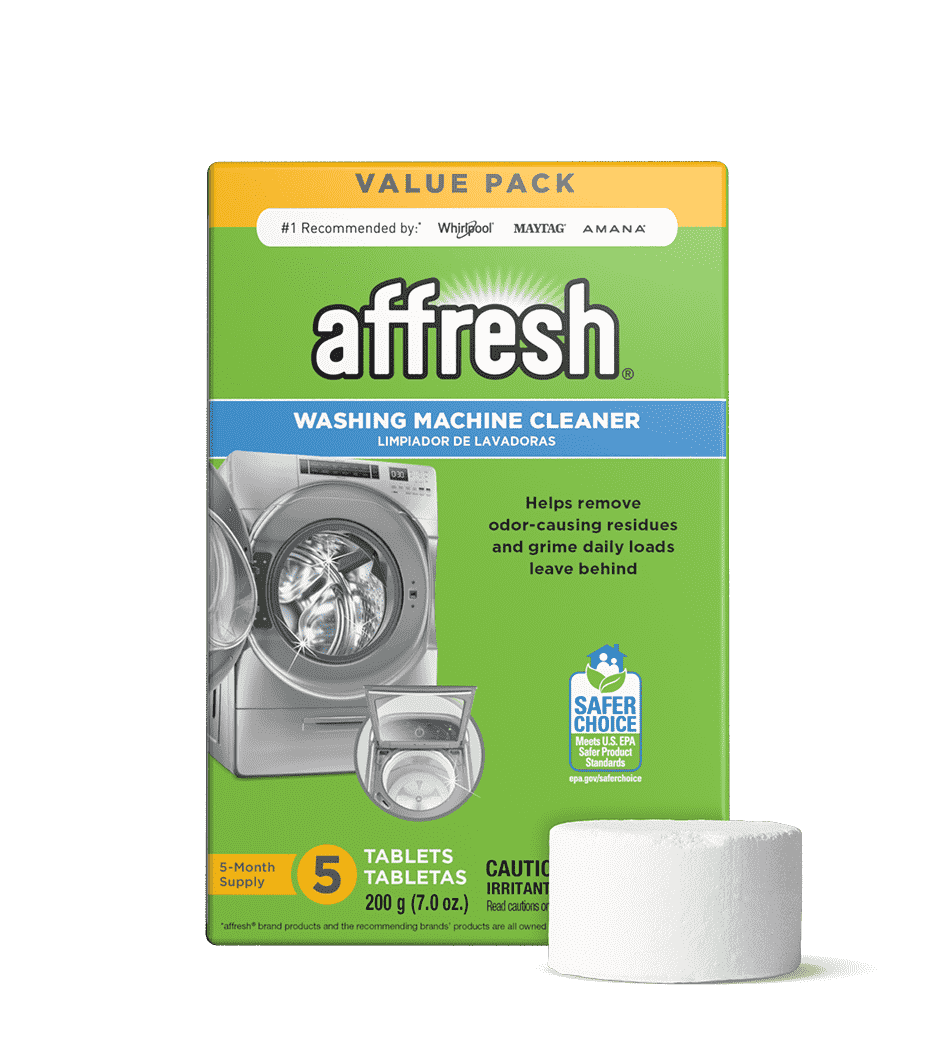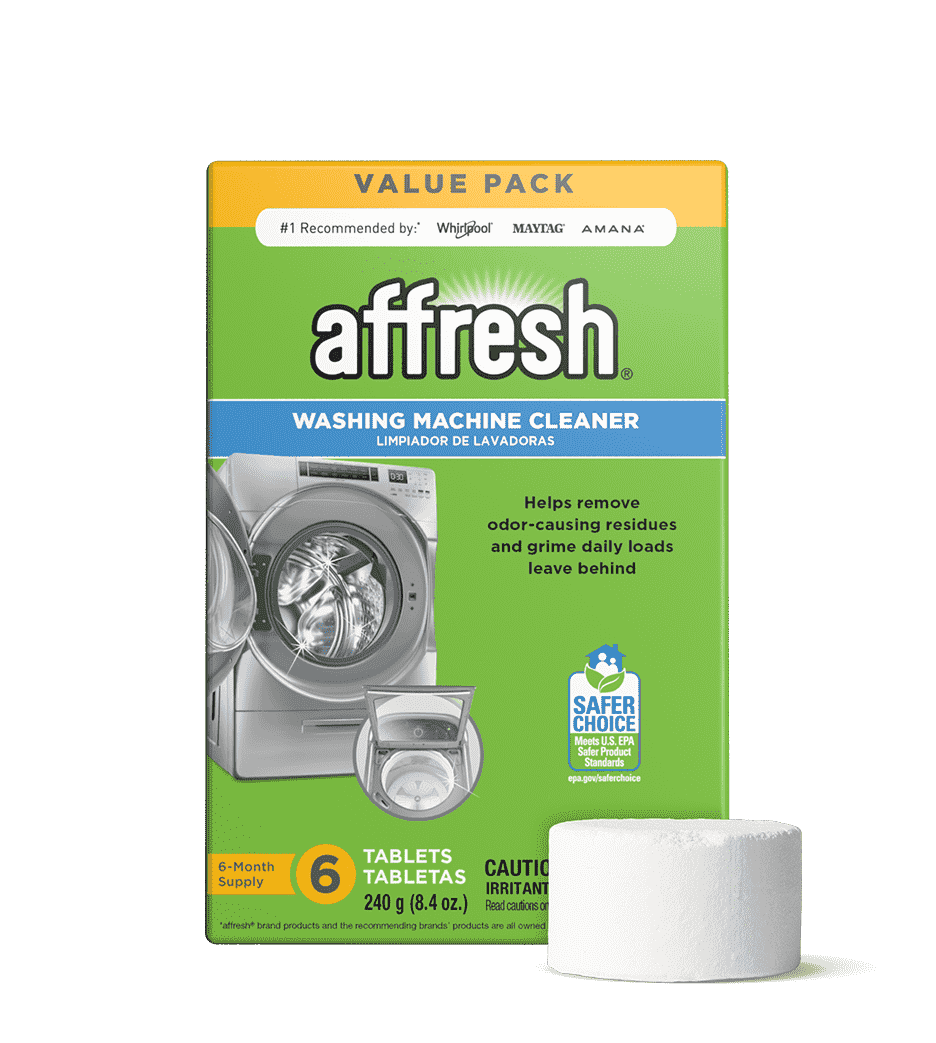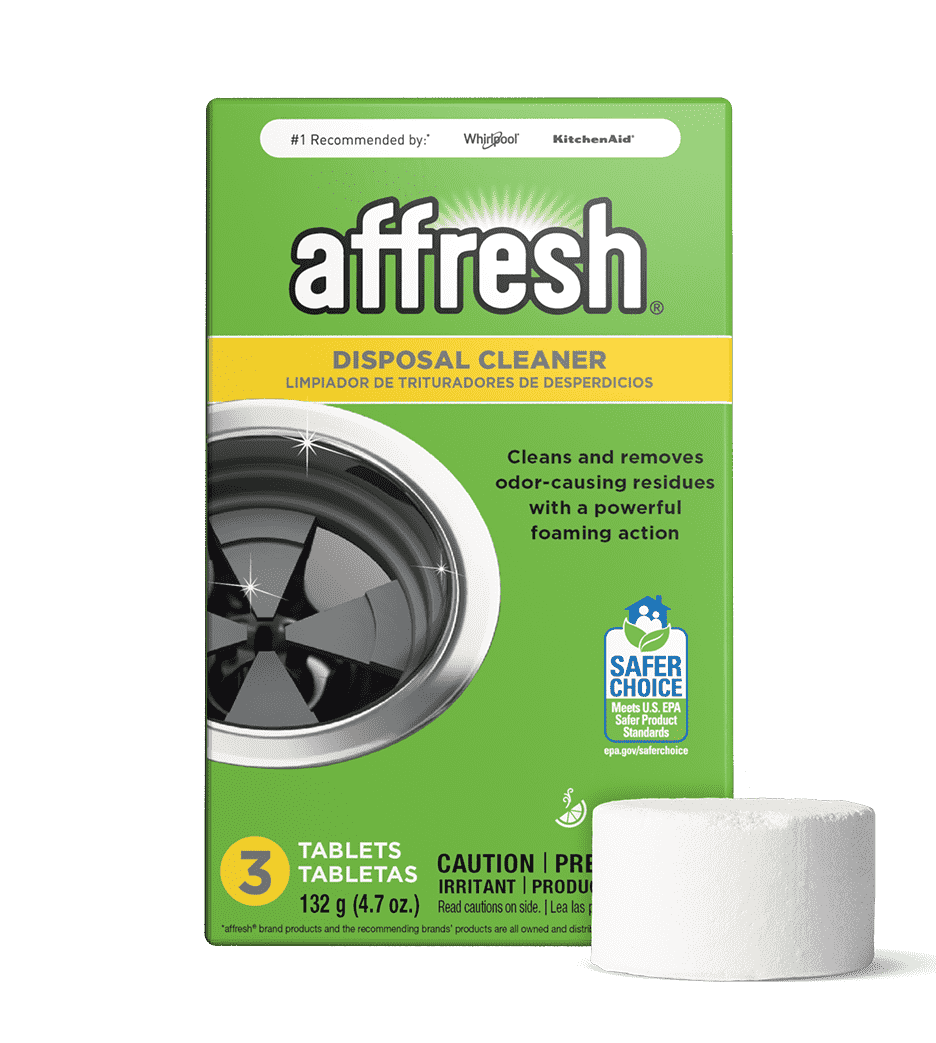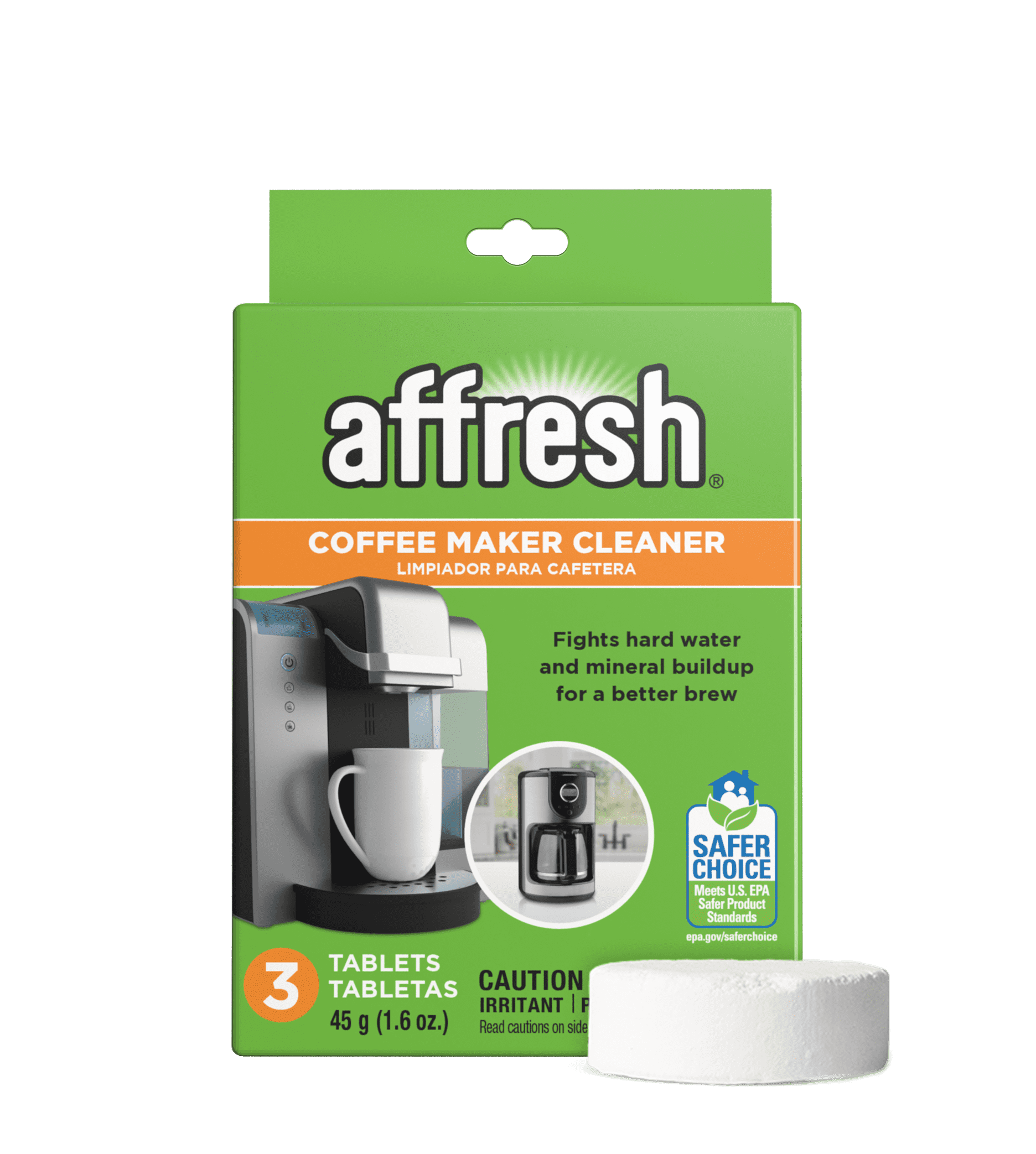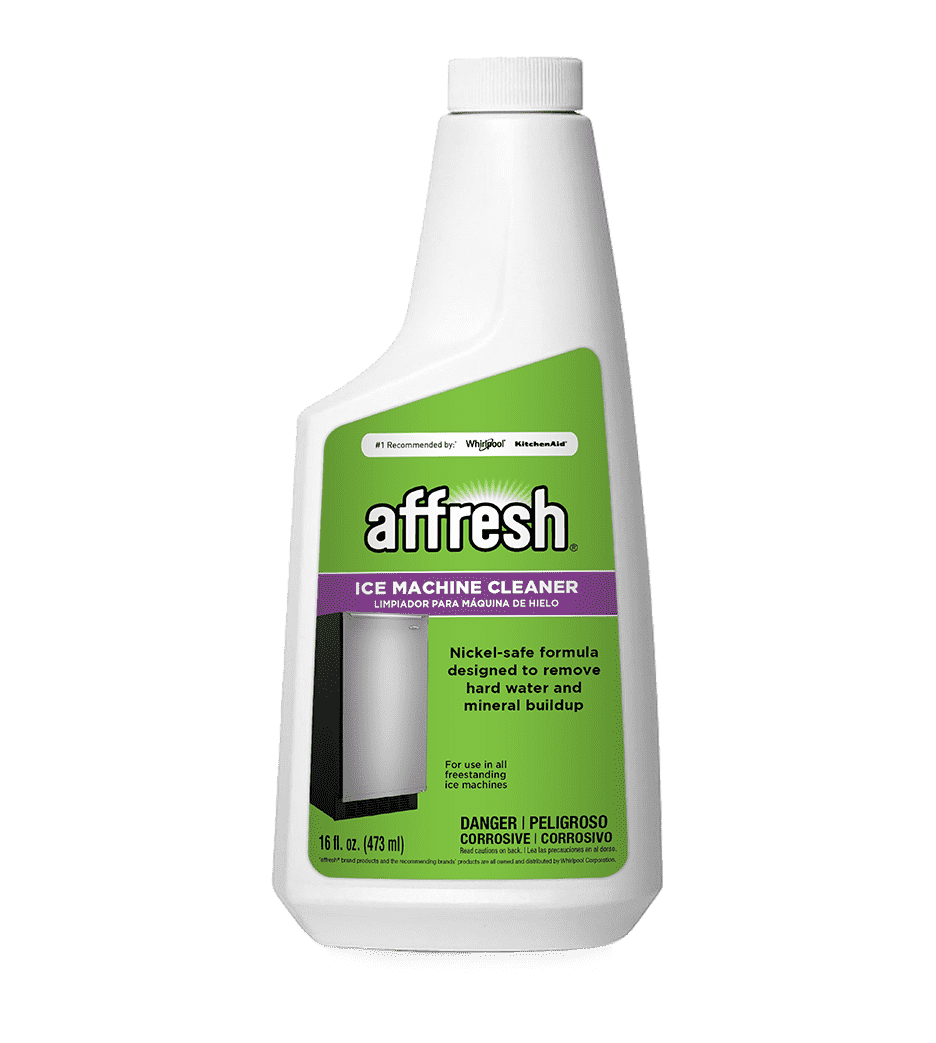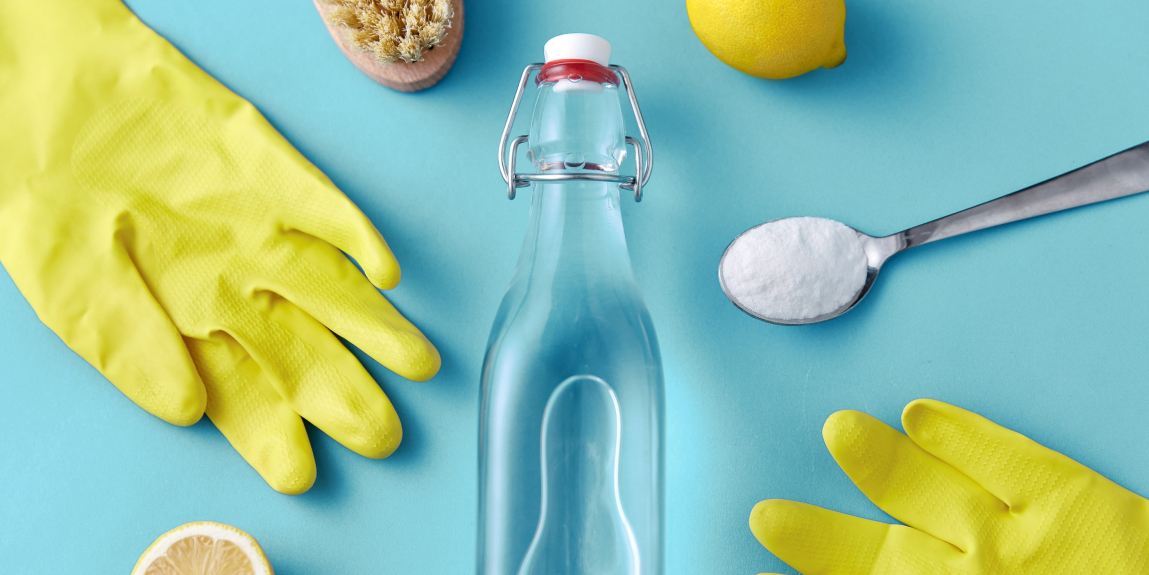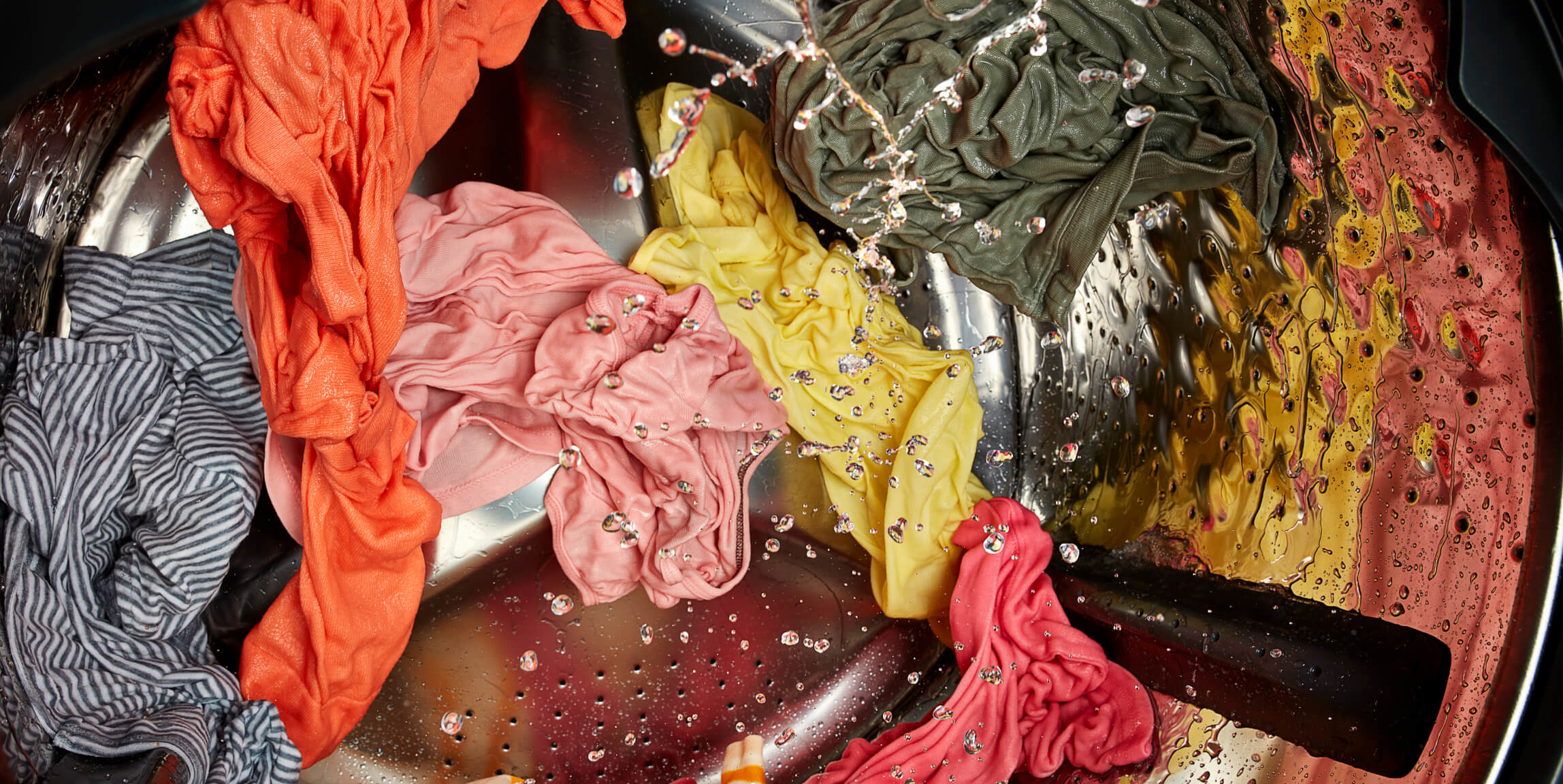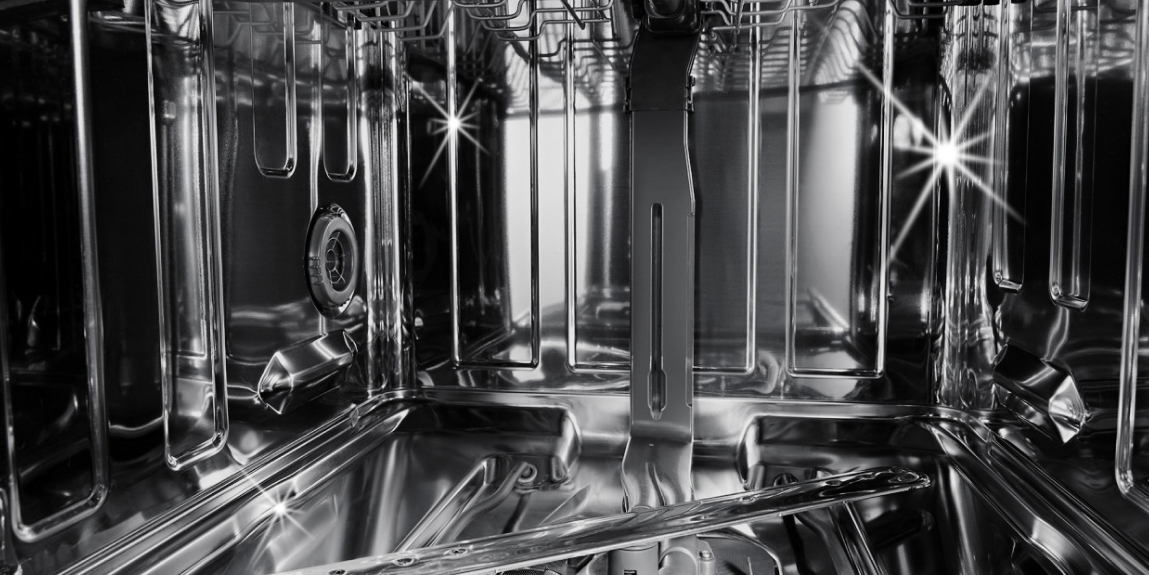
Eliminating House Odors: Tracking Down Smells
Your home may be tidy, but it doesn’t feel clean unless it smells fresh. Unfortunately, lingering or persistent bad smells in your kitchen, bathroom, laundry room or other areas can be a frustrating annoyance. So how do you stop them? The first and most important step is finding the source.
Why does my house smell?
A weird smell in a house can come from numerous sources, including appliances, furniture, carpets, fabrics or issues like mold or mildew. Occasionally, odors may be caused by sewer gas, natural gas leaks or animals that have died between walls, in attics or under decks.
If you’re dealing with a lingering odor or a bad smell in your house that comes and goes, you’ll need to find the source to get rid of it completely. Most house smells can be dealt with using basic household items, but some (such as natural gas leaks) may require additional assistance. Our guide to tracking down and eliminating bad house odors can help you get to the bottom of nasty scents.
Find the source of that weird smell in your house
Sometimes, finding the source of a bad smell is as simple as taking out the garbage. However, other smells can be difficult to diagnose — especially if they seem to come and go. Your first task will be narrowing down which room in your house a weird smell may be coming from. From there, some basic detective work can help you determine why your house smells and what is causing it.
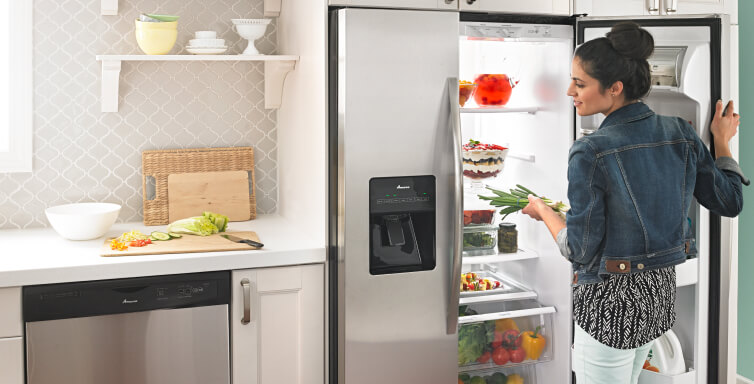
How to get rid of kitchen smells
Between food prep, cooking and cleaning, kitchens can quickly become vectors for unpleasant smells. If odors seem to be emanating from this part of your home, check the following locations:
- Trash Cans
Under counter trash cans are a frequent source of odors. If your kitchen smells like rotting meat or produce, remove the trash bag to see if this helps eliminate the odor. If your garbage bag has leaked into the bin, this could cause odors in your trash can itself. Cleaning the trash can with soapy water or a bleach solution can help. - Ovens
Baked-on foods in your oven can cause burning or smoking odors when your oven is in use. Clean your oven regularly to reduce and ultimately eliminate these smells. If you notice drips or spills at the bottom of your oven, clean it as quickly as possible once the oven is cool. - Cooktops and Hoods
Like ovens, cooktops can become a source of odors if spilled or splashed food gets cooked onto the cooktop, grates or burners. Hoods help clear the air, but their filters become less effective if they are not cleaned or replaced regularly. Clean your cooktop and hood’s grease filter regularly to help remove burning smells and to improve air circulation and odor removal. Cooktop cleaner or a cooktop cleaning kit can help. - Disposals
If you have a smelly sink drain, it may be time to clean your disposal or your trap. Food residue and grease can build up in the disposal over time, encouraging bacteria growth and bad smells like rotting food, mildew or even rotten eggs. Disposal cleaner tablets can help clean and deodorize your in-sink garbage disposal. - Dishwashers
Does your dishwasher smell like mold, mildew, bad food or other “off” scents? In addition to cleaning your dishwasher’s filter regularly, it’s also important to use dishwasher cleaner tablets monthly to help break up food, grease and detergent residue that can lead to foul odors. - Refrigerators
If you have a bad smell in your house that comes and goes, it’s sometimes because the smell can only escape when you open a door — or in this case, an appliance. Like dishwashers and ovens, the door seal on a refrigerator can keep scents inside until you open the door up. If you notice food odors or other off scents appearing in your kitchen when you open up your fridge, it may be time to deep clean this appliance. Look for spilled or spoiled food in the back of the fridge or the bottom of drawers and clean this up right away. An open box of baking soda can help absorb odors as well. - Cabinets
If there are food, mildew or rotting food smells coming from your cabinets, it’s time to investigate. Look for spilled liquids from jars or cans and clean them up right away. Also, take time to look for insect or water damage — if you see any, remove stored items and contact an exterminator or other professional to help investigate the underlying cause.
Why does my laundry room smell?
You want your finished laundry to smell clean and fresh, so it can be extra frustrating when your laundry room smells moldy or musty. If you start to get a whiff of these or other “off” odors, you should investigate as quickly as possible so they can be eliminated.
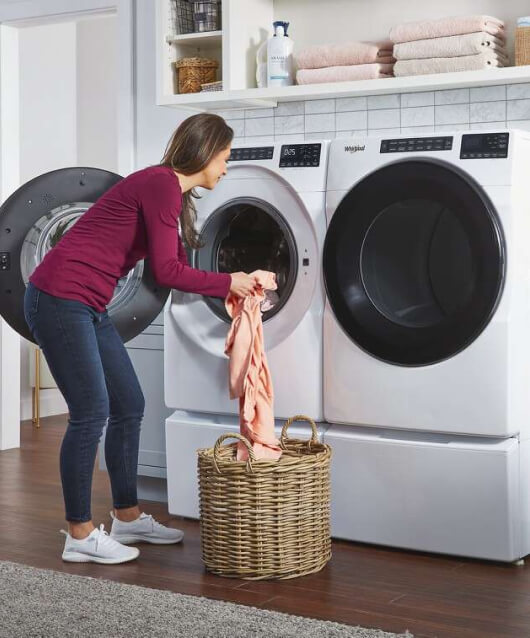
- Laundry Sink Drain
As with kitchen and bathroom drains, laundry room drains can get clogged with debris or detergent buildup over time, which encourages odor-causing bacteria. If you rarely use your laundry drain, a dry trap can cause an unpleasant odor as well. Remove clogs by snaking or plunging your drain and be sure to use your sink regularly to keep the drain trap wet. - Washing Machine
Laundry detergent can build up inside your washer drum, as well as components like drains and hoses. Over time, this buildup creates a film that can trap bacteria and allow it to grow, along with mold and mildew. Monthly cleaning with washing machine cleaner tablets can help remove odor-causing residues and grime that can cause washing machine smells. If you have a front load washer, regularly wipe down the door seal with a soft, damp cloth to remove smelly buildup from this part of your washer. - Dryer
Does your dryer smell strange? Lint buildup in either the mesh lint trap or in your dryer’s vents can trap odors from smelly clothes and recirculate them during the dry cycle. A burning smell could indicate that lint buildup is causing your dryer to overheat. If that’s the case, turn off the dryer, remove the clothes and take some time to clean your dryer vent and lint trap.
How to get rid of phantom smells in the bathroom
While most people try to keep their bathrooms as clean as possible, regular exposure to moisture can make these rooms natural vectors for mildew or mysterious drain odors. If you think a weird smell in your house may be coming from the bathroom, here’s how to track it down.
- Drains
Smelly sink drains and smelly bath/shower drains in your bathroom can smell like mold, mildew or other “wet” scents. These odors are usually caused by soap, shampoo and other buildup, as well as clogs from hair or debris. Clearing the drain with a plunger, snake or chemical drain cleaner can help eliminate the issue. If your bathroom hasn’t been used in a while, the smell may also be coming from a dry drain trap. If that’s the case, the issue should resolve itself once you start using the bathroom regularly again. Try pouring a cup of water down a seldom-used drain to help. - Trash Cans
Items like diapers and menstrual products can cause unpleasant odors if they stay in your bathroom’s trash can for too long. Be sure to remove this garbage frequently to keep your bathroom smelling fresh. - Toilets
Because toilets get lots of use, there are numerous reasons why they may smell bad. If deep cleaning your toilet doesn’t fix the problem, there may be an issue such as a clogged drain, old or damaged seals or the plumbing itself. If you’re uncomfortable diagnosing these issues yourself, a plumber can help you get to the bottom of them. - Cabinets
Spilled products like liquid soaps, lotions, perfumes or other products can harden or soak into cabinets, causing a strange smell over time. Deep cleaning these areas can help. If the cabinets under your sink smell musty, moldy or mildewy, there may be a slow leak in your pipes that is causing water seepage and damage to the wood. Check these areas yourself or have a plumber assess the pipes.
How to get rid of phantom smells in your kid’s room
Your child’s room can be tidy or messy, but it probably shouldn’t be smelly. (Right?) Fortunately, most strange scents in a kid’s room can easily be traced if you know where to look.
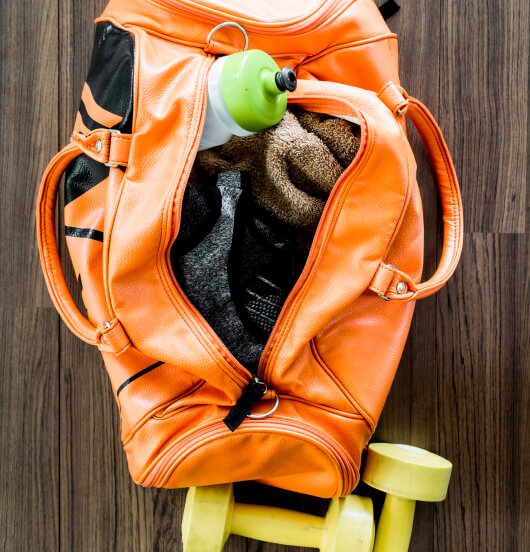
- Dirty Laundry
Dirty laundry has a distinctly musky odor that can quickly fill up a room. If the laundry basket is empty, see if there’s a mound of clothes piled in a closet or smelly socks under the bed. Once the laundry has been cleaned, the less-than-fresh scent should dissipate on its own. To keep clothes fresh and clean, use a quality detergent like Swash1. - Stinky Shoes
Athletic shoes are typical odor offenders, but any pair of shoes can end up being smelly. Check to see if the foot odor scent is coming from some shoes — if so, allow them to air thoroughly, sprinkle baking soda inside to absorb moisture or use specially formulated shoe odor eliminators. - Gym Bags
Gym bags not only absorb odor but can also provide a great environment for odor-causing bacteria to thrive. Smelly bags can be aired out or wiped down with antibacterial wipes or fabric-safe cleaners to deodorize them. - Food
Did your child forget their lunch box in their backpack? Did they get a late-night snack and leave remnants behind? If so, you may smell rotting food or curdled milk coming from their bedroom. The first thing to do is get rid of the food in question. After that, thoroughly clean the lunch box, thermos, containers and other items with hot, soapy water to kill bacteria and other odor-causing germs.
How to get rid of bad odors in other parts of your house
“Why does my house smell musty?” If you’ve ever asked yourself that question, chances are that you’re dealing with more than dirty laundry or a smelly appliance. Some weird smells in your house can come from issues in your basement, attic or carpeting.
- Basement Drains
Most basements have a special drain called a P trap that prevents sewer gasses from backing up into your home. If this drain goes dry, it can allow foul odors to seep up from the pipes below. Pouring about a gallon of water into the drain can help reseal this pipe. If this doesn’t work, a plumber may be able to diagnose the issue. - Water Seepage
High humidity or water seepage can cause dampness that encourages the growth of mold and mildew. If your home smells moldy or musty and the smell intensifies in certain areas, this may indicate an issue with water seepage. A dehumidifier can help, but it’s essential to find the source of the seepage and take steps to eliminate it. - Pets and Pet Stains
Everyone loves pets, but sometimes they can create lingering odors via their beds, litter boxes or accidents. Regularly cleaning pet bedding, litter boxes and toys can help cut down on less-than-pleasant scents. - Dry Rot
If your attic smells particularly musty, it may be due to dry rot. This can occur when moisture enters your attic but airflow doesn’t allow it to escape. Dry rot can indicate roof damage, so it’s important to have a roofing professional assess the issue before it gets worse.
Eliminating house odors with regular cleaning
While some house odors can indicate problems, most of them can be easily eliminated with regular cleaning, simple solutions like baking soda and vinegar and appliance cleaners that help break up and eliminate residue and buildup. That’s why affresh® appliance care products are specially formulated to remove grease, detergent residue and hard water minerals to keep your kitchen and laundry appliances smelling fresh.
Affresh® products include solutions for both kitchen and laundry appliances so you can deep clean parts that you can’t see. Explore the complete collection of affresh® solutions and find what you need today.
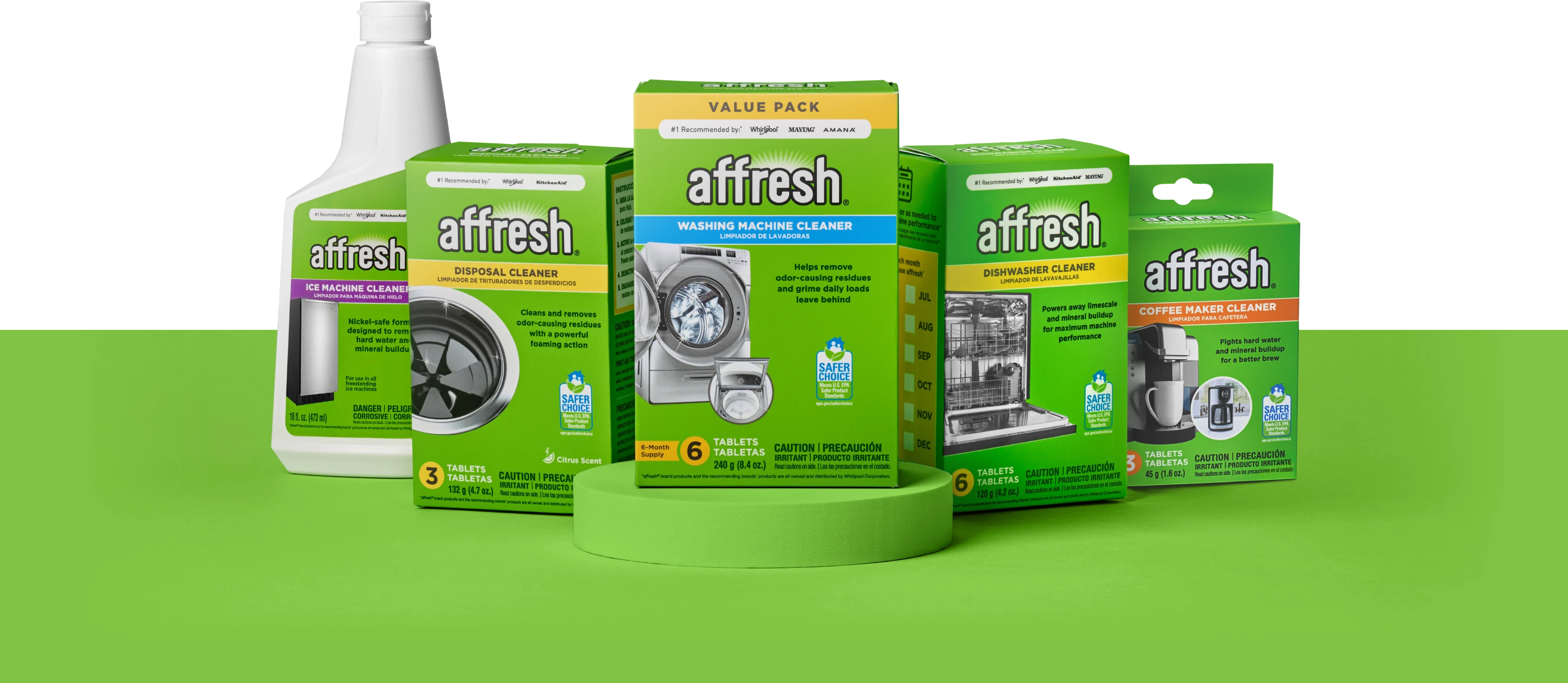
1affresh® products and Swash products are both owned and distributed by Whirlpool Corporation.
